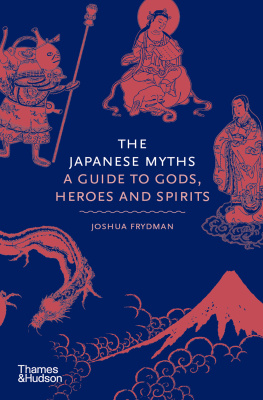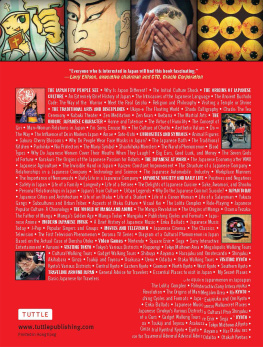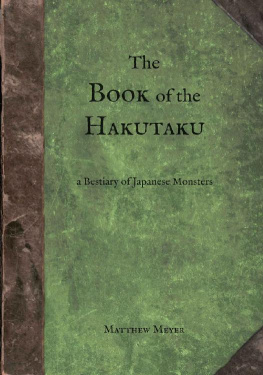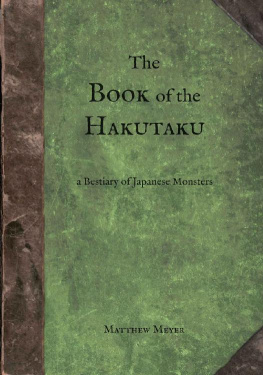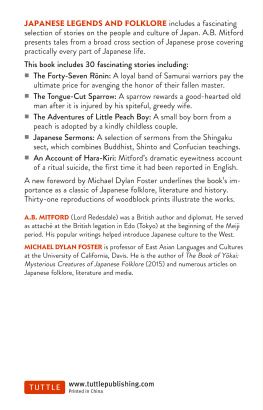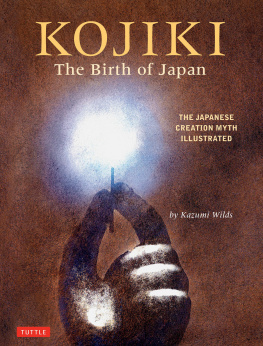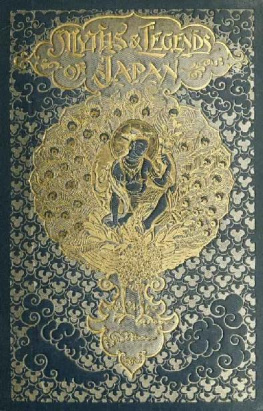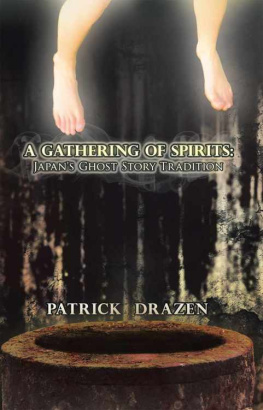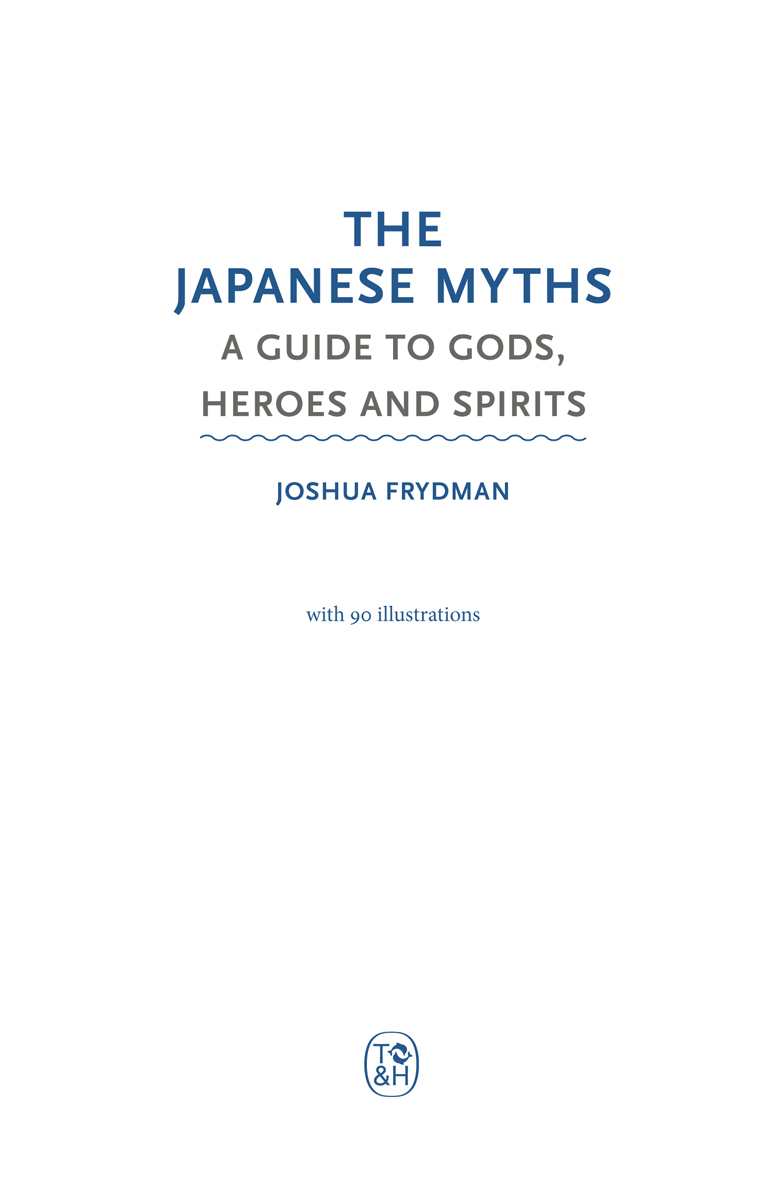Joshua Frydman - The Japanese Myths: A Guide to Gods, Heroes and Spirits
Here you can read online Joshua Frydman - The Japanese Myths: A Guide to Gods, Heroes and Spirits full text of the book (entire story) in english for free. Download pdf and epub, get meaning, cover and reviews about this ebook. City: London, year: 2022, publisher: Thames & Hudson, genre: Science / Art. Description of the work, (preface) as well as reviews are available. Best literature library LitArk.com created for fans of good reading and offers a wide selection of genres:
Romance novel
Science fiction
Adventure
Detective
Science
History
Home and family
Prose
Art
Politics
Computer
Non-fiction
Religion
Business
Children
Humor
Choose a favorite category and find really read worthwhile books. Enjoy immersion in the world of imagination, feel the emotions of the characters or learn something new for yourself, make an fascinating discovery.
- Book:The Japanese Myths: A Guide to Gods, Heroes and Spirits
- Author:
- Publisher:Thames & Hudson
- Genre:
- Year:2022
- City:London
- Rating:3 / 5
- Favourites:Add to favourites
- Your mark:
The Japanese Myths: A Guide to Gods, Heroes and Spirits: summary, description and annotation
We offer to read an annotation, description, summary or preface (depends on what the author of the book "The Japanese Myths: A Guide to Gods, Heroes and Spirits" wrote himself). If you haven't found the necessary information about the book — write in the comments, we will try to find it.
An illustrated guide to the fantastic world of Japanese myths: retelling the stories and exploring how Japanese mythology has changed over time, as new gods, heroes, and spirits have entered the canon.
While people around the world love Japans cultural exportsfrom manga and anime to Zennot everyone is familiar with Japans unique mythology that shapes these interests, which is enriched by Shinto, Buddhism, and regional folklore. The Japanese Myths is a smart and succinct guide to the rich tradition of Japanese mythology, from the earliest recorded legends of Izanagi and Izanami with their divine offspring and the creation of Japan, to medieval tales of vengeful ghosts, through to the modern-day reincarnation of ancient deities as the heroes of mecha anime.
Mythology remains a living, evolving part of Japanese society. The ways in which the people of Japan understand their myths are very different today even from a century ago, let alone over a millennium into the past. This volume not only retells these ancient stories but also considers their place within the patterns of Japanese religions, culture, and history, helping readers understand the deep links between past and present in Japan, and the ways these myths live and grow.
Author Joshua Frydman takes the very earliest written myths in the Kojiki and the Nihon Shoki as his starting point, and from there traces Japans mythology through to post-war State Shinto, the rise of the manga industry in the 1960s, J-horror, and modern-day myths. Frydman ties in reinventions and retellings of myths that are present across all genres of contemporary Japanese culture, from its auteur cinema to renowned video games such as Okami. This book is for anyone interested in Japan and Japanese exports, as knowing its myths allows readers to understand and appreciate its culture in a new light.
90 illustrationsJoshua Frydman: author's other books
Who wrote The Japanese Myths: A Guide to Gods, Heroes and Spirits? Find out the surname, the name of the author of the book and a list of all author's works by series.

